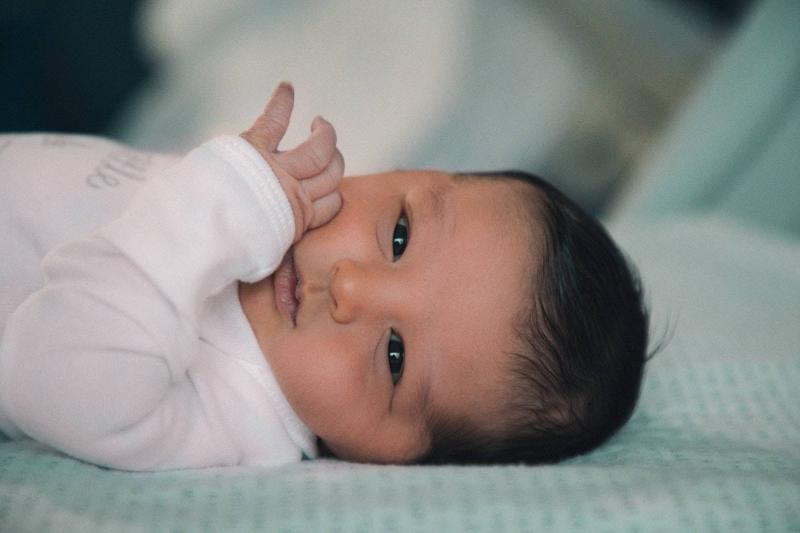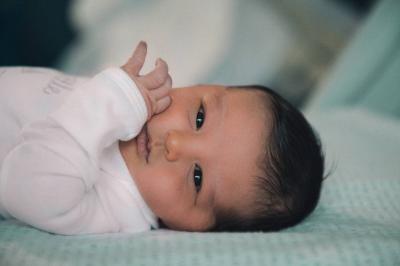The German Association of Pediatricians and Adolescents states that a child falling on their head necessitates immediate consultation with a doctor, as it may lead to severe consequences, especially if the child loses consciousness after the fall.
**Concussion**
The Association explains that a concussion is the simplest and most common brain and skull injury, indicating that it leads to temporary disturbances in brain function. A concussion can occur even without any visible injury on the surface of the skull. Symptoms of a concussion include vomiting and loss of memory regarding the incident. Imaging of the brain should be performed as soon as the child arrives at the hospital. The child's head should be examined very carefully as soon as they regain consciousness to check for indicators of a skull injury, such as bumps or cuts. Skull fractures often appear as dense blood accumulations, presenting as a bulge on the head. This bulge itself is not the real danger; rather, it indicates injury to the underlying tissue or blood vessels.
**Internal Bleeding**
Parents should closely monitor their child in the days following the fall, even if the child appears fine, as internal bleeding in the brain can manifest hours or days after the head injury. Symptoms of internal bleeding include nausea, changes in the child’s behavior, loss of appetite, lack of desire to do anything, a constant need to sleep, headaches, and inability to recall certain events, especially the fall. It is important to note that in healthy children, the pupils should dilate and constrict simultaneously in response to light; therefore, any change in this response after the fall could also indicate a brain bleed.
If internal bleeding in the brain is suspected, a CT scan is usually performed upon arrival at the hospital to enable doctors to determine if the child has a brain bleed or skull fractures. If it is confirmed that the child has a brain bleed, immediate surgery may be required.
**Spinal Concerns**
Doctors often pay attention to whether the spine and spinal cord have also been injured during the fall, as a child's fall onto their head can also affect the spine, particularly the cervical vertebrae. Surgery for skull fractures is typically performed only if there is deformation of bone fragments or if the brain membranes are injured; small fractures in the skull usually heal on their own.




